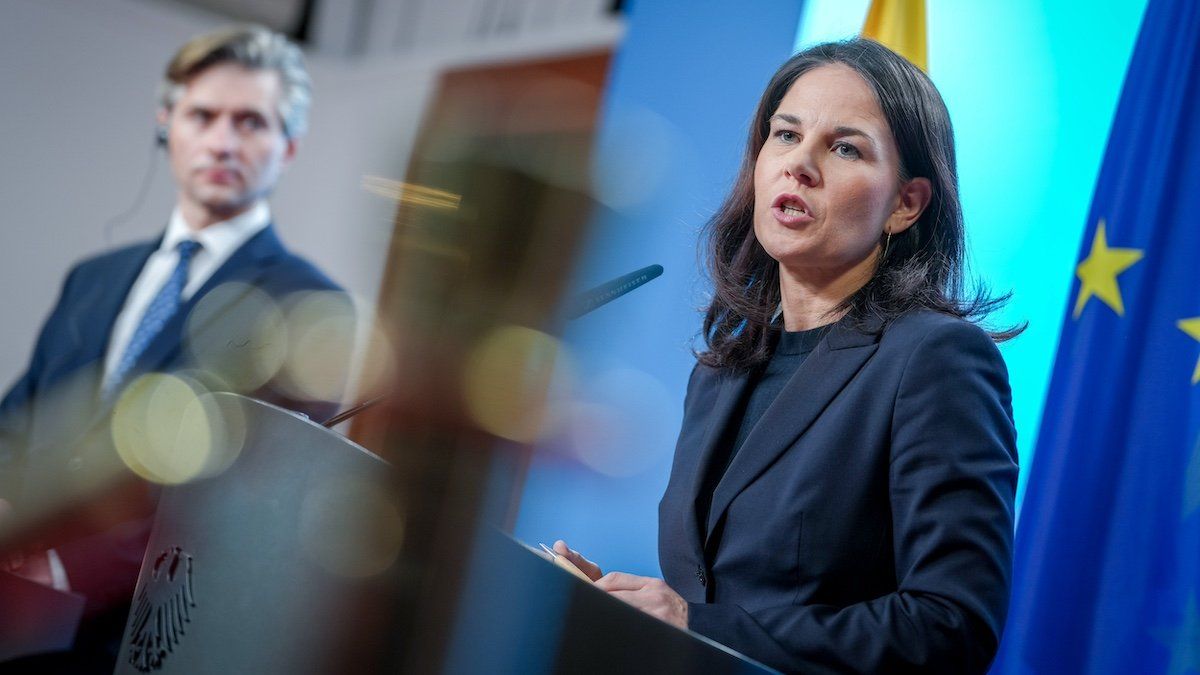Annalena Baerbock (Alliance 90/The Greens), Foreign Minister, and Lithuanian Foreign Minister Kęstutis Budrys give a press conference at the Federal Foreign Office.
Kay Nietfeld/dpa via Reuters Connect
Publicly, Germany might be offering congratulations, but behind the scenes, officials there are expressing concern that Donald Trump’s second presidency could bring “maximum disruption” to the American constitutional order.
A confidential memo from Germany’s ambassador to the US, Andreas Michaelis, addressed to German Foreign Minister Annalena Baerbock, warns of Trump’s pursuit of concentrated presidential power at the expense of Congress and state governments. It cautions that Trump could politicize key democratic institutions, including law enforcement, the media, the legislature, and the courts. (In his inaugural address on Monday, Trump promised not to use the judicial system for political persecution.)
The memoalso flags the growing influence of Big Tech in American politics – a particular sore point in Berlin due to Elon Musk’s support for the far-right Alternative for Germany in upcoming national elections. Michaelis warns that X could gain “co-governing power,” potentially reshaping the First Amendment and that Trump could also take legal action or revoke the licenses of his media critics.